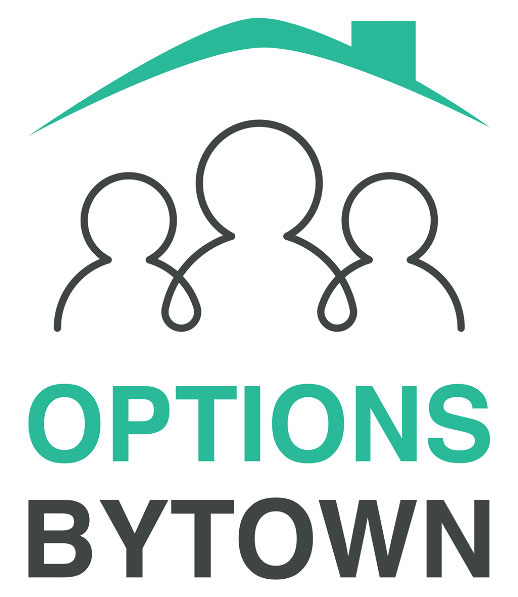PRESCRIBED ALTERNATIVES
PROGRAM CONCLUDED - MARCH 31, 2025

What are Prescribed Alternatives?
Prior to COVID-19, the overdose crisis devastated communities. Since the pandemic, this crisis has only escalated. The illegal drug supply contains strong opioids, such as fentanyl and other toxic substances resulting in high rates of overdoses and deaths.
Prescribed Alternative Programs, also commonly referred to as Safer Supply, are an extension of the traditional public health and harm-reduction approaches to address opioid overdoses and related deaths by providing legal and safer prescribed pharmaceutical-grade drug supplies to people who use drugs (PWUD). Prescribed Alternatives takes an evidence-informed approach to harm reduction that includes safer doses of opioid medication prescribed and monitored by primary care providers as an alternative to the toxicity of ‘street’ drugs. Prescribed Alternative programs aim to reduce overdose risk, prevent deaths, and provide accessible health care and social support.
The cost to society is immense. In 2020 alone, substance use was estimated to cost Ontario nearly $18 billion — about $1,234 for every person — in health care, social services, and legal or policing expenses.
The Human Cost Is Even Greater. Opioid overdoses now account for more deaths in Canada than automobile accidents. 20 people per day die in Canada, 7 in Ontario.
Prescribed Alternatives (Safer Supply Ottawa)
Program Concluded
The Prescribed Alternatives Program (Safer Supply Ottawa) was a collaborative initiative launched in 2020 and was funded for five-years to pilot to respond to the escalating toxic drug crisis with a new, patient-centered, and evidence-based model of care.
The program was shaped and overseen by a collaborative of seven partner organizations — Pathways to Recovery, Somerset West Community Health Centre, Ottawa Inner City Health, Sandy Hill Community Health Centre, Recovery Care, Respect RX and Options Bytown. Each organization carried responsibility for delivering services within its area of expertise, while collectively governing and guiding the program as a whole. While Pathways to Recovery did not deliver services, we acted as the fund holder and administrative facilitator, ensuring federal funds flowed to the partners delivering front-line supports— including primary care, nursing, housing supports, counseling, and social work.
Over the course of the program, Safer Supply Ottawa supported many individuals by providing safer alternatives to toxic street drugs — reducing overdose risk, improving health outcomes, and fostering stronger connections to care. Together, the partners advanced harm reduction efforts and built a more compassionate and inclusive system of care.
The program came to its planned conclusion in March 2025, following the end of its five-year funding period. Although this specific initiative has ended, its legacy continues to shape how we care for people who use drugs and reinforces the importance of innovative, community-led responses to the ongoing crisis.
We are deeply grateful to all clients, partners, healthcare providers, and supporters who contributed to this important work.
“…since starting, my life has changed for the better. I am housed, I don’t commit crimes anymore, I don’t beg for money, and I am not overdosing on fentanyl anymore.”
– Prescribed Alternative Participant
Program Evaluation & Research
The program was independently evaluated by researchers at the University of Ottawa. Findings showed that Prescribed Alternatives reduced overdose risk, improved access to health care, and strengthened connections to social supports.
%
decrease in program participate fentanyl use
%
decrease in program participant stimulant use
%
program participants reported no overdoses
Explore the full collection of evaluation reports and published research from the program here:
Who was the program for?
For PWUD with an ongoing, self-reported high risk of illicit substance use, opioid-use disorder, and previous unsuccessful treatments.
How is SSO Funded?
Funded by Health Canada’s Substance Use and Addictions Program (SUAP) as a five-year pilot (2020–2025), with annual third-party audits by Welch LLP and accountability compliance reporting to Health Canada.

Contact Us
45 Montreal Road
Vanier, ON K1L 6E8
Follow Us
Mission
To improve the health and wellness of individuals while helping families and communities better understand the challenges of substance use health, complex mental health disorders, and illness from infectious diseases.
*Please note that Pathways to Recovery does not directly provide clinical services. If you are in crisis, please call 911 or visit your nearest Emergency Department.





